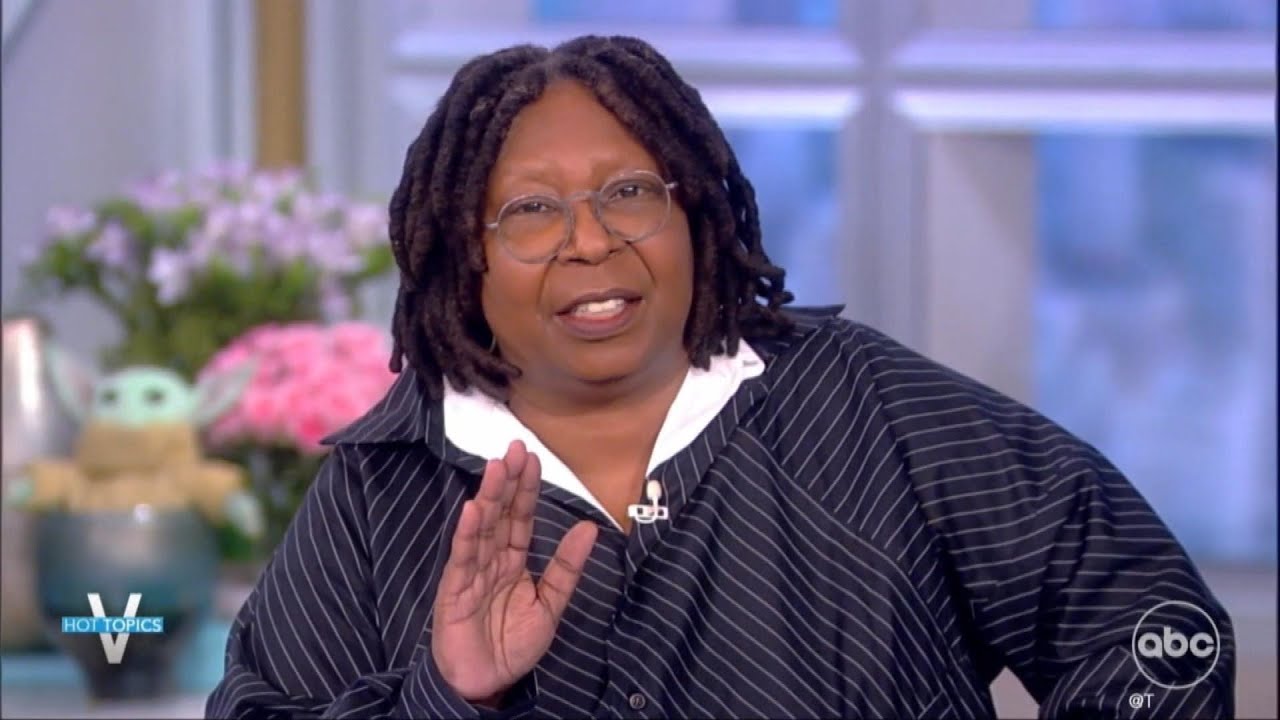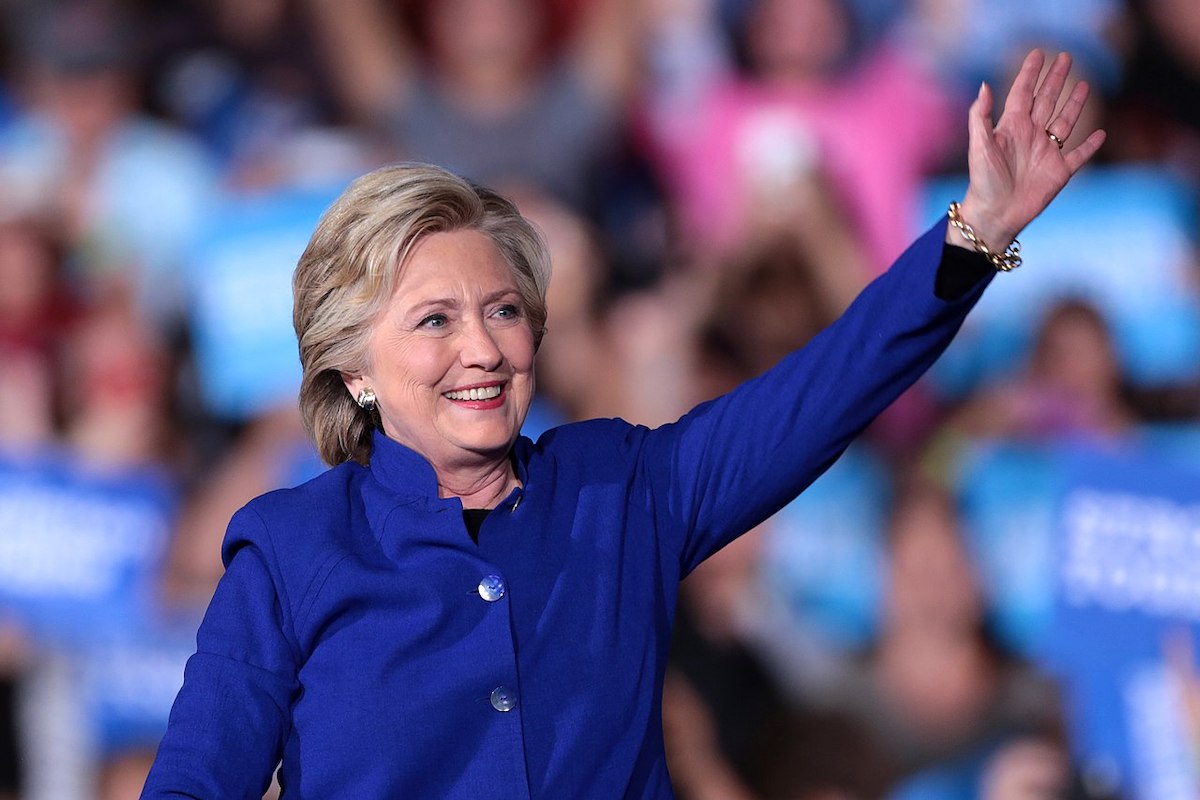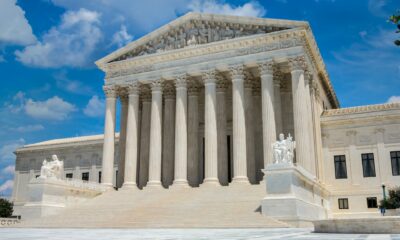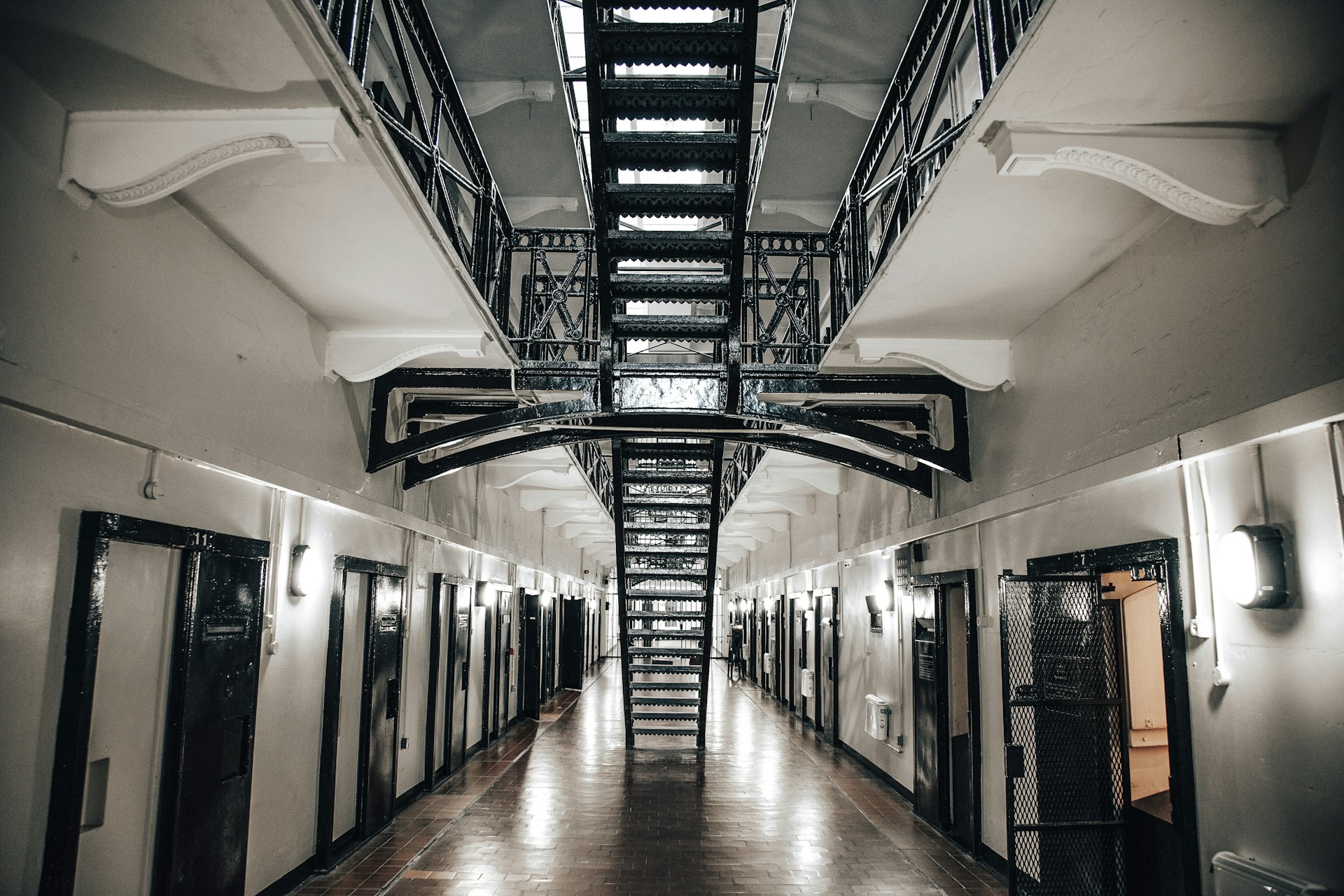Latest News
January 1, Supreme Court Orders Felon Voting Rights Expansion Amid Heated Debate
In a controversial maneuver by the Nebraska Supreme Court, the state has been ordered to allow felons who have served their time to vote, sparking intense debates about the integrity of the electoral process. This ruling was part of the Spung v. Evnen case, propelled by the efforts of the ACLU and Civic Nebraska, who argued against the Nebraska Secretary of State Robert Evnen’s refusal to permit former felons to vote post-sentence and parole.
The court issued a writ mandating that Evnen and involved county election officials must now accept voter registrations from these individuals. Interestingly, the court found Evnen’s arguments insufficient in proving LB 20 and LB 53 unconstitutional, potentially signaling a broader trend towards leniency on voting rights policies in the state.
Nebraska’s Constitution clearly outlines the necessity of a strong majority among judges to deem a statute unconstitutional, and Evnen’s stance did not garner enough backing to meet this threshold. The court’s document plainly instructed the elimination of any registration disqualifications not aligned with L.B. 20, and ordered compliance with this controversial amendment.
Back in 2005, legislation provided that felons could vote two years after completing their sentence unless their rights were restored by the Board of Pardons. However, the recent L.B. 20 legislation, effective April 18, 2024, permits voting immediately upon the completion of sentences and paroles, effectively bypassing the previous pardons system.
Evnen’s July decision painted a stark picture of constitutional conflict, asserting that the legislative amendments blatantly infringed upon the separation of powers—the executive branch’s domain traditionally tasked with granting pardons was seemingly usurped by legislative overreach.
As expected, progressive authorities like Jonathan Topaz of the ACLU’s Voting Rights Project have hailed the decision as a triumph for democracy and legal integrity, despite a noticeable push from conservative legislators against the shifting voting frameworks. The ACLU is now advocating for Nebraska to extend the voter registration deadline to accommodate the influx of new registrants, with dates rapidly approaching.
Amidst these seismic changes, some context is essential: Nebraska has always stood out electorally, with recent Republican efforts aimed at modifying the state’s unique split electoral college methodology to a more traditional winner-takes-all approach—an endeavor reflecting the GOP’s ongoing commitment to electoral consistency and fairness.
Ultimately, Secretary Evnen, adhering to the court’s decree, has pledged to facilitate the new voting registrations across Nebraska’s diverse counties, setting the stage for a significant expansion of the voter base. How this will play out in future elections remains to be seen, but it certainly presents a critical juncture for Nebraskan voters and American democracy at large.
As our loyal readers, we encourage you to share your thoughts and opinions on this issue. Let your voice be heard and join the discussion below.

-

 Entertainment1 year ago
Entertainment1 year agoWhoopi Goldberg’s “Wildly Inappropriate” Commentary Forces “The View” into Unscheduled Commercial Break
-

 Entertainment10 months ago
Entertainment10 months ago‘He’s A Pr*ck And F*cking Hates Republicans’: Megyn Kelly Goes Off on Don Lemon
-

 Featured1 year ago
Featured1 year agoUS Advises Citizens to Leave This Country ASAP
-

 Featured1 year ago
Featured1 year agoBenghazi Hero: Hillary Clinton is “One of the Most Disgusting Humans on Earth”
-

 Entertainment9 months ago
Entertainment9 months agoComedy Mourns Legend Richard Lewis: A Heartfelt Farewell
-

 Featured1 year ago
Featured1 year agoFox News Calls Security on Donald Trump Jr. at GOP Debate [Video]
-

 Latest News9 months ago
Latest News9 months agoSupreme Court Gift: Trump’s Trial Delayed, Election Interference Allegations Linger
-

 Latest News9 months ago
Latest News9 months agoNude Woman Wields Spiked Club in Daylight Venice Beach Brawl
